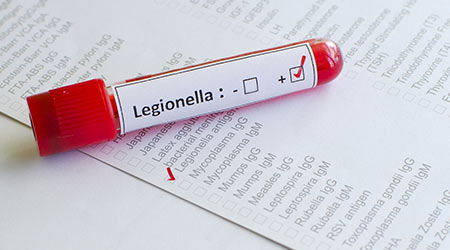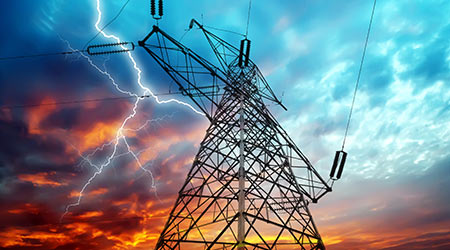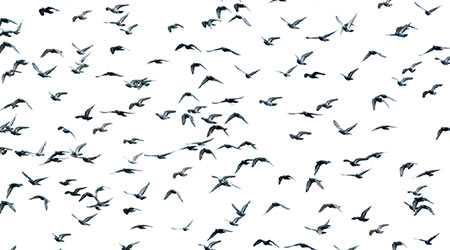
Legionnaire’s Disease: Report Targets Hospitals
July 5, 2017
More than 76 percent of Legionnaires’ disease cases acquired from Legionella exposure in health care facilities can be particularly harsh, including possible fatal risks to patients, according to a recent report from the U.S. Centers for Disease Control (CDC).
Legionnaires’ disease is a serious type of pneumonia caused by bacteria, called Legionella, that lives in water. Legionella can make people sick when they inhale contaminated water from building water systems that are not adequately maintained.
The report’s findings, which were a part of the CDC’s monthly Vital Signs publication, are based on exposure data from 20 states and New York City. The analysis was limited to these 21 jurisdictions because they reported exposure details for most of their cases, which allowed the CDC to determine how Legionnaires’ disease was associated with health care facilities, says the CDC.
About 3 percent of Legionnaires’ disease cases were determined to be “definitely associated with a health care facility,” with 17 percent of cases listed as “possibly associated with a health care facility.”
The incorporation of a water management plan will reduce the chance of heavy colonization, amplification and dissemination to people. With this in mind, ASHRAE developed ASHRAE Standard 188: Legionellosis: Risk Management for Building Water Systems to assist designers and building operators in developing a Water Management Plan that includes practices specific to the systems that exist in a particular building, campus or health care facility.
Read more at: https://www.ashrae.org/resources--publications/bookstore/ansi-ashrae-standard-188-2015-legionellosis-risk-management-for-building-water-systems
This Quick Read was submitted by Dan Hounsell, editor-in-chief of Facility Maintenance Decisions, dan.hounsell@tradepressmedia.com. For information on separating fact from fiction regarding Legionnaire’s disease, visit https://www.facilitiesnet.com/14035FMD.
Next
Read next on FacilitiesNet












